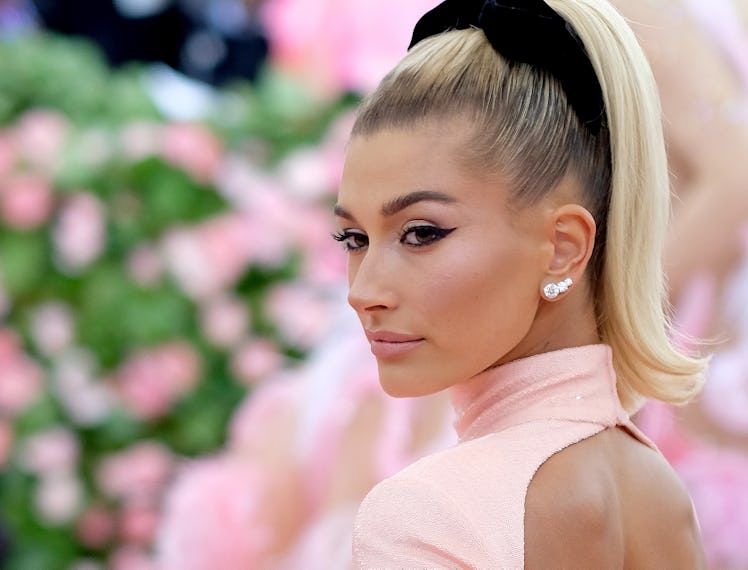Why Hailey Bieber Quit Using Twitter

Social media has given celebrities unprecedented access to their fans — but that access comes at a cost. It is no secret that famous people, by nature of their heightened visibility in the public sphere, face an onslaught of harassment in their mentions every single day. Hailey Bieber had enough of it when she left Twitter back in 2018 and now she’s explaining why.
On her YouTube channel, Bieber chatted with Dr. Jess Clemons, a psychiatrist, about the effects of social media on mental health. She called Twitter a “toxic environment,” and said that “the thought of even opening the app gives me such bad anxiety that I feel like I am going to throw up.” Dr. Clemons agreed, noting that, especially for teen girls, more hours spent on social media correlates with an increase in depressive and/or anxiety symptoms. For women of color (as in the case of Chrissy Teigen) and LGBTQ+ people (as in the case of Miley Cyrus), that harassment takes on uniquely gendered, racist, homophobic, transphobic, etc. overtones.
They also spoke about how social media is, essentially, an alternate reality. Yes, there are real people behind each avatar, but that world itself isn’t a real place. “When you’re going through a situation where so many people are hounding you about the same thing over and over again, it starts to mess with your mind,” said Bieber, explaining that it caused her to question her self-perception and wonder if she was “delusional.” Dr. Clemons suggested that people often project their own insecurities and fears onto others, “especially people who are high-profile.”
Ultimately, Bieber says that while she wants “to be liked by everyone,” she’s learned to deal with the downsides of her visibility by reminding herself that she “doesn’t owe anyone an explanation or owe anybody anything...and correct what I need to correct, personally and behind closed doors.” Self-actualization may not prevent someone from feeling the effects of harassment, but it does help them move on in a healthy way — such as quitting Twitter.